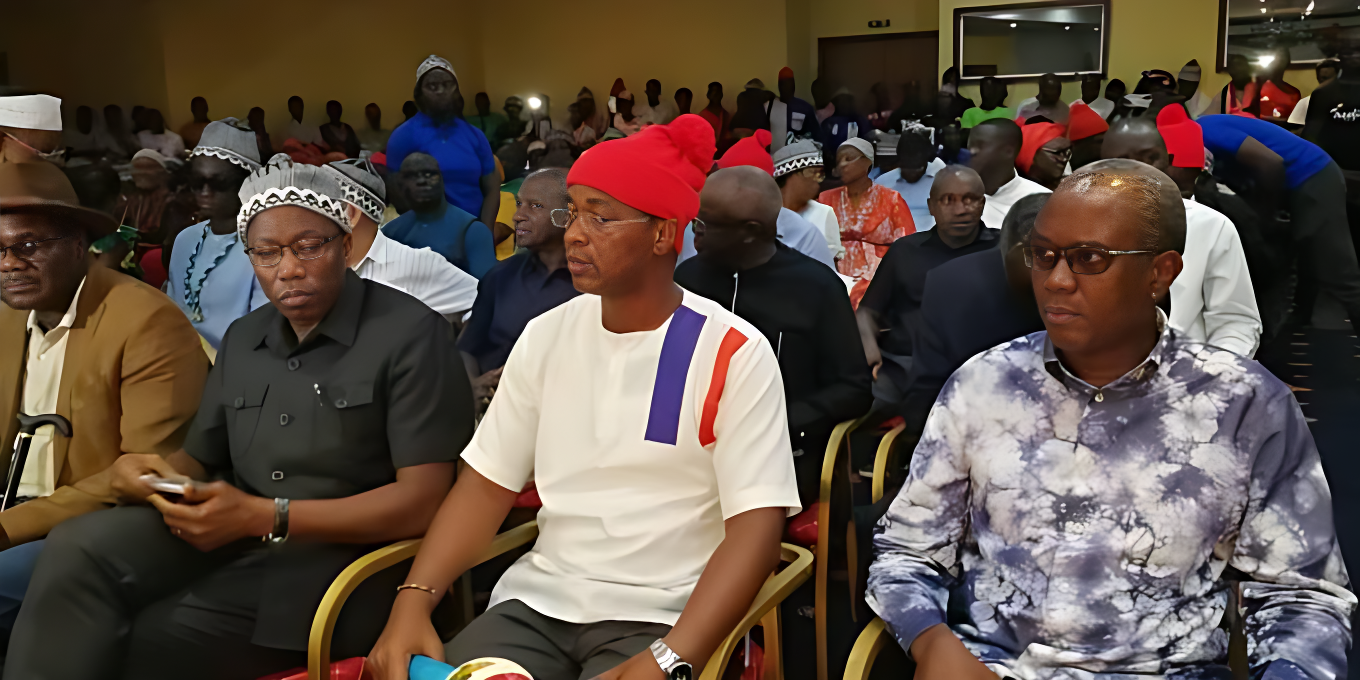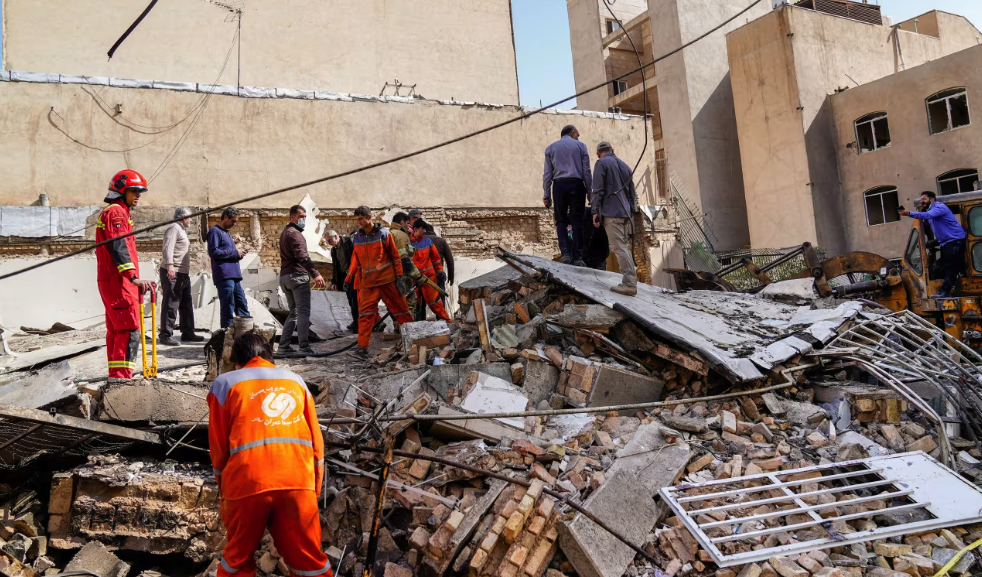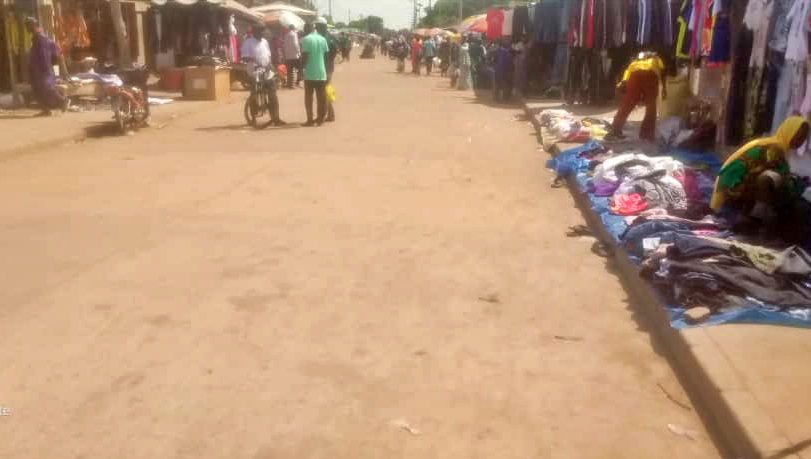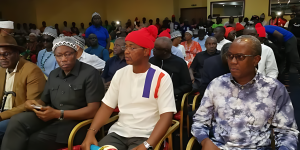Gambiaj.com – (KOLDA, Senegal) – On most Sundays, the Lumo of Médina Yoro Fula is a living organism—alive with bargaining voices, drifting smoke from food stalls, and the rhythmic shuffle of buyers from both sides of the Senegal-Gambia border. But this weekend, the famous market in northern Kolda felt more like an abandoned film set: silent, emptied, almost eerie.
The transformation was not accidental. It was the result of a quiet but powerful decision taken across the border, where Gambian traders—long considered the lifeblood of the region’s cross-border commerce—simply stayed home.
The Boycott That Spoke Louder Than Words
For weeks, Gambian businessmen had complained about what they described as harassment, intimidation, and arbitrary checks by Senegalese customs and police posted at the border. The stories were strikingly similar: hours-long delays, sudden confiscations, and a sense of being targeted simply for doing business.
So they decided to act the only way traders know how: by shutting down the flow of goods.
Their boycott didn’t come with loud declarations or placards. It arrived quietly—yet its impact thundered across Kolda.
The Shockwave in Kolda’s Markets With Gambian Demands Unrelenting
The absence of Gambian buyers at Médina Yoro Fula set off an immediate chain reaction. Shops remained shuttered, aisles empty, and retailers sat staring at stock that wouldn’t move. In several markets across Kolda, the atmosphere was the same: frozen, uncertain, and unsettling.
These lumos aren’t just markets; they are economic arteries. Cut them off, and the pulse weakens fast.
Farmers who rely on Gambian middlemen to purchase and transport their produce, especially peanuts, were suddenly stranded. With the official collection centers, the seccos, still unopened, many found themselves forced to transport goods to The Gambia on their own.
It is a costly, exhausting mission, particularly in a year when purchasing power is already eroding and food prices keep creeping up.
A Senegalese wholesaler summed up the fears succinctly: “This has never occurred before. If it continues, the whole chain will break. Retailers will order less, wholesalers will accumulate unsold goods, and carriers will multiply routes that are only half profitable. Not to mention the small family businesses that are already threatened,” he added.”
Despite the economic fallout on the Senegalese side, Gambian traders say their demands are straightforward. They want Senegalese officials to stop the border harassment and put in place predictable and fair customs procedures.
In addition, they ask the two countries to open dialogue between Dakar and Banjul to stabilize a region dependent on fluid trade. Their message is simple: “Fix the border, and we will return.”
A Fragile Bridge Between Two Nations With Dim Light at the End of the Border
Cross-border lumos have long served as social and economic bridges between Senegal and The Gambia. They are where goods move, friendships form, and rural communities survive. Their importance goes beyond commerce; they preserve a shared cultural and economic ecosystem.
And that’s why this boycott feels so seismic.
It is not just about traders feeling mistreated. It’s about a delicate balance being disrupted in a region that has weathered decades of vulnerability, economic, political, and social.
For now, the boycott remains in force, and Médina Yoro Fula continues to resemble a market paused in time. Yet both Gambian and Senegalese traders quietly express hope that common sense will prevail.
After all, the Lumos need people. The people need trade. And the region needs both to remain alive.
Whether authorities will step in to cool tensions at the border, and whether Gambian traders will trust enough to return, is the unanswered question hanging over a market that has gone uncharacteristically quiet.










